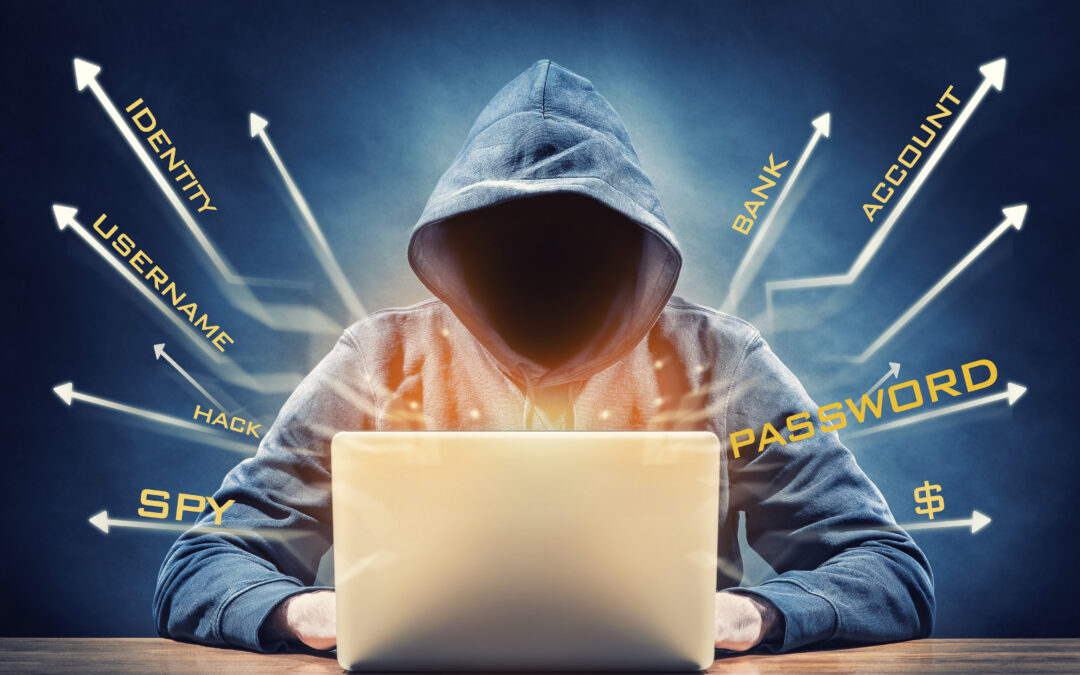This past spring, we saw an unprecedented sprint towards remote work for organizations across the globe. It was thought to be a fairly temporary situation at the time. Now as we head into the holiday season, some 8 months later, the sprint has turned into more of a marathon.
Even with a vaccine on the horizon, businesses large and small believe a significant portion of their workforce will remain remote. In addition to safety concerns, the cost savings realized from allowing staff to work from home is measurable. It now appears that remote work won’t be going away anytime soon.
With so many employees out of the office and working from home, cybersecurity takes on a new dimension with a remote environment that no one could have predicted a year ago.
Remote Access to data and information adds another layer of complexity when it comes to protecting sensitive information outside of the physical workplace from cyber-attacks. According to the CPA Practice Advisor website, “remote desktop protocol,” or, RDP attacks “are up a whopping 330% since the coronavirus shutdowns in March.
Cyber Security Grows in Importance
Our HITRUST security experts believe the following 7 crucial areas of focus will help any business stay up and running, with work from home becoming the long-term new normal:
-
- Dedicated Devices – Since work from home has become more long-term, experts have advised organizations to provide employees with a ‘work-dedicated device’ to minimize the potential for data and information hacks. Keeping company work from personal or children’s school activities is a good security decision.
- Work in the Cloud – Another option to providing expensive workstations to staff is to allow your team to log into a virtual workstation, in the cloud. This tends to be a much more secure environment for a remote workforce, as you have much more control over it.
- Password Security – A lot of corporate networks require password resets, but with remote work it’s harder to control. Setting new passwords regularly, and using secure, unique passwords seems trivial, but it’s a crucial task to maintain.
- Facility Management – Some organizations have operations that require essential workers to be present. If that’s the case, equipping your facility with smart access control could be a huge factor in keeping your staff safe.
- Multi-Factor Authentication – Putting layers of protection in place makes it much harder for hackers to enter a system, as well as navigate that system, should they gain entry.
- Secure VPNs – Authenticating users with appropriate software or apps is a key to better cyber security from remote workers, or when accessing information or data on a server remotely.
- Educate Your Team! Once you feel you have a security strategy in place, you’ll need to educate your team on the new practices they need to employ, as well as provide general tips and guidance on best security practices.
- Identifying scams and phishing emails
- Password changes, uniqueness, quality
- Use of applications like Multi-factor Authentication, and VPNs
- Update virus protection software to latest version
We at Lark Security are your trusted partner in helping you assess, manage, and re-mediate all phases of enterprise risk. We provide security risk assessments and gap analysis to determine where you stand today, as well as remediation strategies and implementation assistance designed to help your organization address and prepare for risks in the event of a disruption. Our highly skilled team of engineers are certified HITRUST Assessors and experts in compliance, risk management, and information security planning.
At Lark Security, we look at the big picture, while also taking into account your day-to-day business. That means assessing your organization’s exposure, business threats, overall security posture and framework, and then actively seeking out vulnerabilities and applying common sense risk management strategies to securely move your business forward.
Contact Lark-Security today to learn more!

